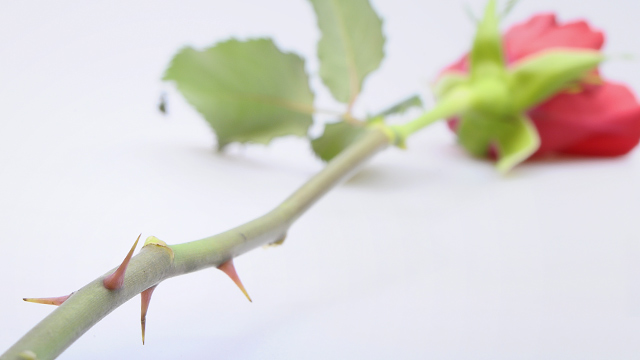With Ashley Adams and Local 26 President, Brian Lang, at 2012 protest
At
the close of every Shabbat, we invite Elijah the Prophet to join us in the
passage from holy day to weekday. This will also be true this coming Shabbat as
we end our Yom Kippur observance—the Sabbath of all Sabbaths—and prepare to go
back into the world. Ideally, we will leave that experience--ending our fast,
walking out of the synagogue, going to our individuals home and lives—somewhat changed.
These
past weeks many of us have been focusing on teshuva,
on the work of repentance and return. This requires inner work: figuring out
just when did I harm someone, what can I do to repair it and how can I learn
from this so that I don’t repeat the offense?
Yet,
it is not solitary work. There’s a reason that Jews gather in droves for Rosh
Hashanah and Yom Kippur. It’s fun to see old friends, to share news and to
argue about the rabbi’s sermon. But the deeper drive that brings us together is
that we are stronger together than alone.
This
is certainly true when it comes to the changes that we call tikkun olam, repairing the world. When
we invoke Elijah’s name (and in our congregation, Miriam the Prophet as well),
we expand our vision beyond personal transformation. Elijah represents the
Jewish ideal of Mashiach, the Messiah
or the Messianic Age. We pray that this Shabbat, this day of peace and
togetherness, a day when we all feel welcome and at home, will never end. We
pray that when we end our fast and leave the synagogue, that we will discover
that Messianic Days have arrived.
In
kabbalistic tradition, as described in the mystical book of the Zohar, the
Messiah is said to abide in “the Bird’s Nest.” Imagine a nest at the top of the
highest tree, far from predators on the ground. In that nest, a golden dove sings
with the sweetest song we might ever hear. That nest is far away, but not
impossible to reach. So is the idea of the Messiah.
In
a Hasidic tale, the Ba'al Shem Tov climbed a ladder of his followers’ prayers in
order to reach the top of the bird’s nest. Knowing that the Messiah could not
live without the beautiful dove in the nest, the rebbe wanted to capture the
bird, bring it back down to the world and thus force the Messiah to follow the
beloved dove to earth.
Martin
Buber explains the tale in this way: “Salvation
hinges upon one’s desire for the perfection of the world…a hundred people
together can do so, if, each climbing upon the other’s shoulders, they form a
ladder that will reach to heaven.”
I
had a rare glimpse of the ladder reaching to heaven working with the Hyatt 100
and UNITE/HERE over these past five years. The courage of these women and men who
were fired on August 31, 2009 inspired me to speak up on their behalf. Through
the Boston Hyatt housekeepers, I got to know hotel workers in Chicago and
Baltimore and across the nation. Because of this ladder of workers reaching to
heaven, union and non-union workers succeeded in reaching an historic agreement
with the Hyatt Corporation a year ago that ended a global boycott.
Only
the Boston workers were left out of that agreement. Most had moved on to other
jobs, many of them starting at the bottom of the pay scale in a new hotel,
despite decades of experience with Hyatt. The three Boston hotels were never
going to give them their jobs back.
This
week, they learned that they had indeed reached high up on the tree, coming
close to the Bird’s Nest. While the Messianic age has not yet dawned on the
world, UNITE/HERE, the union that represented the Hyatt 100, reached another
historic agreement on their behalf (see article in Friday’s Boston
Globe article).
As
the Boston Globe noted in their editorial,
this victory represents more than the $1 million in compensation to the Hyatt
100 and the promise of priority in future hiring. What this ladder to the Bird’s
Nest signals is a warning to other companies who seek to oppress their workers.
Thanks to everyone who participated in the boycott of the three Hyatt hotels in
Boston and Cambridge, the entire hospitality industry was put on notice: do not
behave as Hyatt did, or you will pay.
As we prepare for our upcoming Day of Atonement, may
we all remember that our prayers (the inner work) can bring us closer to
redemption, as long as we remember the ladder: that we are standing on the
shoulders of others, and that is our obligation to hold up those who stand on
our shoulders as well.
Wishing you g’mar
chatimah tovah—may your year be sealed in goodness, and tzom kal—an easy fast that permits you
to focus your mind on redemption, your own and the world’s.
At the 2010 Hyatt Shareholders' Meeting in Chicago--Have you ever tasted bitter herbs, Mr. VP?







